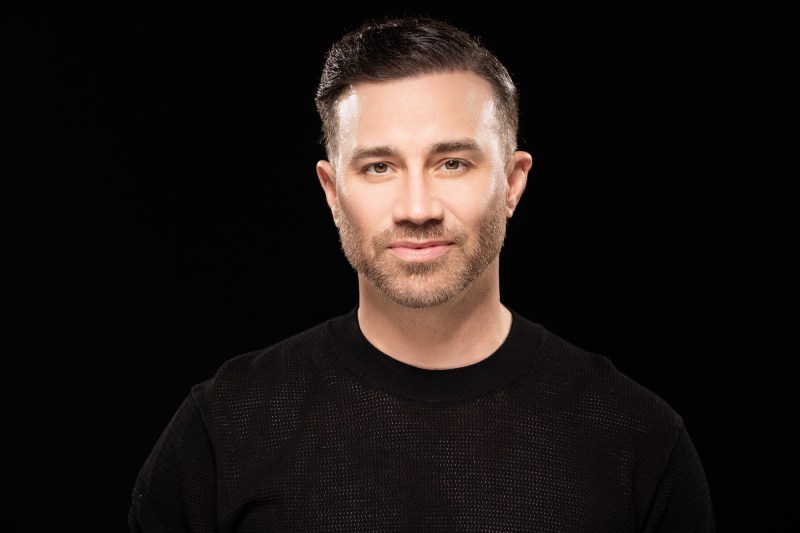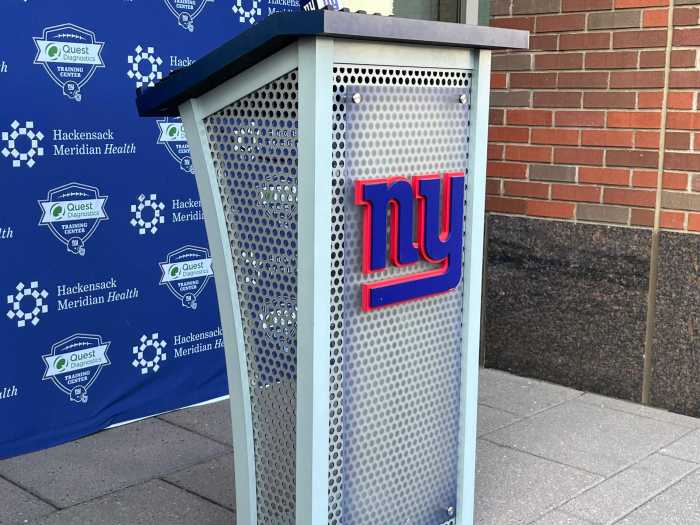Nursing is the largest occupation in health care, with an estimated 2.6 million jobs — and it’s growing, according to the U.S. Bureau of Labor Statistics.
Aspiring nurses can chose one of three paths: a diploma, associate degree or bachelor’s degree nursing program.
Many hospitals now require or at least prefer candidates to have a bachelor’s degree.
Jefferson School of Nursing offers a Bachelor of Science in Nursing, which is geared toward those without a nursing background, as well as an RN-BSN program for registered nurses who want to boost their careers.
“The RN-BSN is for those who have the clinical skills and now want to look at leadership roles, trends in the community, trends in the health care industry,” says Elizabeth Speakman, associate dean of student affairs at Jefferson.
The school also offers 11 master’s degree programs in a range of nursing specialties, such as pediatrics.
Turnover in the profession is relatively low right now, says Pam Teufel, vice president of human resources at Temple University Health System. But she predicts a shortage of nurses in the future: “We know those ‘boomers’ are going to retire, and we need to be ready for it.”
To that end, Temple set up a “new-to-practice” program that gets incoming nurses up to speed.
“It takes about 18 months for a nurse to become competent,” Teufel says. “So we bring a new nurse in and say to her, or to him, ‘What do you want to be when you grow up?’ Then we help them get there.”































